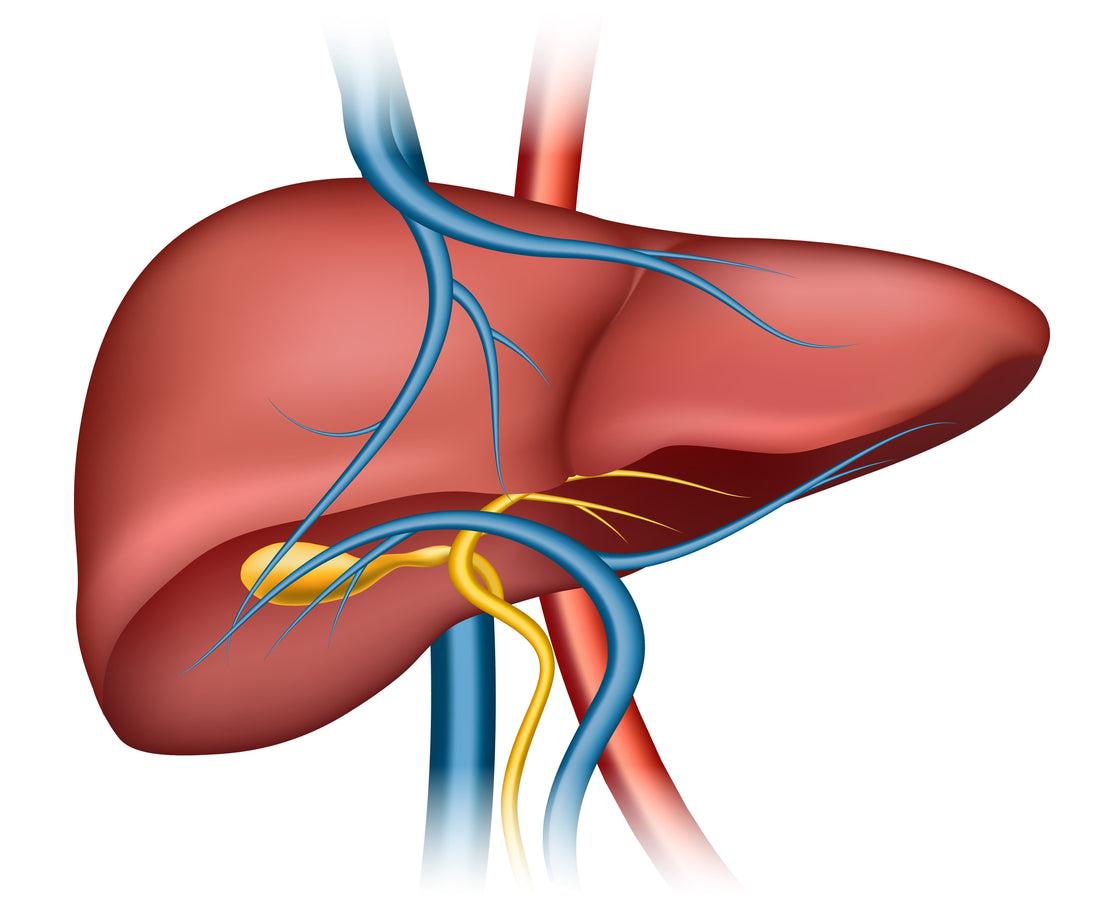
Is Coffee Good for Your Liver? Does It Help or Hurt?
Curious about the link between coffee and liver health? You’re not alone. Over the past decade, researchers have explored how regular coffee consumption relates to liver function, fatty liver, and even cirrhosis risk. While no beverage is a cure-all, the evidence behind coffee and liver health is increasingly compelling—and a thoughtful daily brew may be a simple, enjoyable way to support overall wellness.
What Studies Say About Coffee and Liver Function
Large population reviews and clinical data consistently associate coffee with favorable liver markers. In many coffee and liver function studies, regular drinkers show lower levels of liver enzymes that typically indicate stress, such as ALT and AST. The prevailing theory is that coffee’s antioxidant compounds—like chlorogenic acids, cafestol, and kahweol—support cellular defenses and healthy inflammatory responses.
Benefits of Coffee for Liver: The Highlights
Here are key takeaways often reported in the research landscape on the benefits of coffee for liver wellness:
- Support for healthy enzyme levels associated with improved liver function.
- Association with reduced risk of fibrosis progression in observational data.
- Potential protection against oxidative stress thanks to polyphenols and antioxidants.
- Links to lower incidence of certain chronic liver conditions in large cohorts.
Coffee and Fatty Liver Disease
Non-alcoholic fatty liver disease (NAFLD) is increasingly common. Evidence suggests a relationship between coffee and fatty liver disease in which regular coffee intake correlates with more favorable metabolic and inflammatory profiles. While coffee is not a treatment, pairing a balanced diet, movement, and consistent sleep with a daily brew may complement a liver-friendly lifestyle.
Coffee and Cirrhosis Prevention
Several observational analyses associate regular consumption with a lower risk of cirrhosis over time. The proposed mechanisms include antioxidant activity, improved insulin sensitivity, and modulation of liver fat metabolism. Again, coffee is not a substitute for medical care, but the emerging picture around coffee and cirrhosis prevention is promising.
“Detox” Claims vs. Reality
It’s important to distinguish marketing from science. The liver already performs detoxification brilliantly. The phrase coffee and liver detox is often used loosely; the more accurate framing is that coffee’s bioactive compounds may help reduce oxidative stress and support normal liver processes. Think of coffee as a supportive habit, not a cleanse.
Best Coffee for Liver Health: Brew and Bean Tips
Which cup is best? Research generally focuses on total intake rather than a single brew method, but these tips can help if you’re aiming for the best coffee for liver health experience:
- Choose high-quality, freshly roasted beans: Specialty lots are richer in aroma and flavor, encouraging mindful, moderate consumption.
- Filter vs. unfiltered: Paper-filtered methods (e.g., pour-over) reduce diterpenes like cafestol, a consideration if you’re managing cholesterol.
- Moderation matters: Many studies observe benefits around 2–4 cups per day for adults, depending on sensitivity and caffeine tolerance.
- Mind the add-ins: Excess sugar or heavy cream can counter broader health goals; try milk alternatives or enjoy it black.
Why Nyota Coffee Beans Fit a Liver-Smart Routine
If you’re ready to upgrade your daily ritual, start with carefully sourced, flavor-forward beans. Nyota Coffee Beans are selected from high-altitude origins known for clarity and complexity, then roasted to highlight natural sweetness and balance. Choosing specialty coffee encourages slower, more intentional sipping—helping you appreciate the nuances while aligning with your wellness goals.
From Bean to Cup: Simple Brewing Steps
To make the most of your beans, try this straightforward routine:
- Grind just before brewing for maximum aroma and antioxidant freshness.
- Use filtered water around 92–96°C to extract sweetness without bitterness.
- Aim for a 1:15 to 1:17 coffee-to-water ratio; adjust to taste.
- Choose paper-filtered pour-over if you prefer a lighter body and clarity.
The Bottom Line
The science on coffee and liver health is encouraging: regular coffee consumption is associated with favorable enzyme profiles, better metabolic markers, and reduced risk in observational data. While coffee isn’t a cure or a replacement for medical advice, it can be a flavorful ally within a healthy lifestyle. For an elevated daily brew that supports your goals, explore Nyota Coffee Beans and taste the difference careful sourcing and roasting can make.
